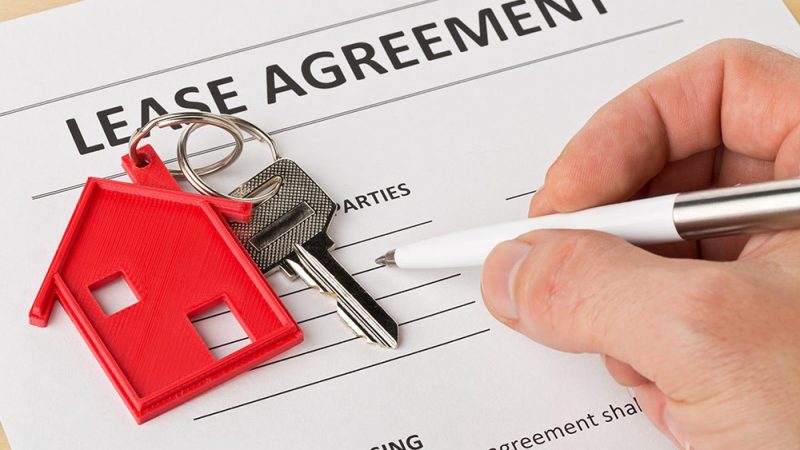
New leasehold rules are set to become law after the final amendments were agreed in the House of Lords this week, but will these new leasehold rules lead to fairer ground rents and fairer home ownership?
This is certainly the way the government is positioning the Leasehold Reform (Ground Rent) Bill. Communities minister Lord Greenhalgh has said the Bill will deliver “the most significant changes to property law in a generation.”
Another minister added the new leasehold rules will lead to “fairer, more transparent homeownership for thousands of future leaseholders” by making it easier and cheaper to buy the freehold of their property and restricting ground rents on most newly-created long residential leases in England and Wales.”
While the consultation period will continue to run until the 22nd February 2022 and there is currently no date by which the changes will become law, the fact the House of Lords seem to have completed their amendments suggest the new leasehold rules are only a matter of time.
In terms of what these new leasehold rules will be, the following will almost certainly be included:
While this is of course good news for leaseholders, Liberal Democrat peer Lord Stunell has warned landlords could try and force tenants into new terms before the legislation takes effect.
Leaseholders will also be given greater ability to manage or own their properties in buildings where there is a mixture of homes and other non-residential facilities, for example shops, cafes and restaurants.
At the moment only some residential leaseholders in England and Wales are able to use enfranchisement to buy their building outright or exercise their right to manage their building. And if the non-residential parts of the building make up more than 25% of the total floorspace, the leaseholders cannot come together to take control of their building.
However, the proposed change would increase the limit to 50% and give leaseholders the right to manage or buy their building outright as well as having a greater say over maintenance costs and how their shared facilities are run.
The new rules will also make it cheaper for leaseholders to collectively buy their freehold.
This proposed ‘mandatory leaseback’ would mean that while landlords will need to keep a lease on some properties in their buildings, the cost of a collective buyout would reduce. This alone would make the prospect of a collective buyout much more realistic for thousands more leaseholders.
The cost of enfranchisement could also reduce further with the government proposing to abolish ‘marriage value’ and introduce an online calculator with prescribed calculation rates.
The government is also asking for views on increasing the use of ‘Commonhold’. Commonhold is a model already used in many countries across the world. It provides a structure for homeowners to collectively own the building their flat is in from day one and influence how the building is managed and control how much this management costs.
While this shared ownership model is already in place in England there has not been much uptake and support for the model from the conveyancing industry. The hope is that as a result of the consultancy Commonhold will become a more welcomed and popular method of ownership.
If you live in a leasehold property or are planning to buy a leasehold property and have any questions regarding the terms of your lease (or have any other question relating to buying or selling your home or an investment property), please email me at Jeremy.Tulloch@collinshoy.com or call me on 0208 515 6600.